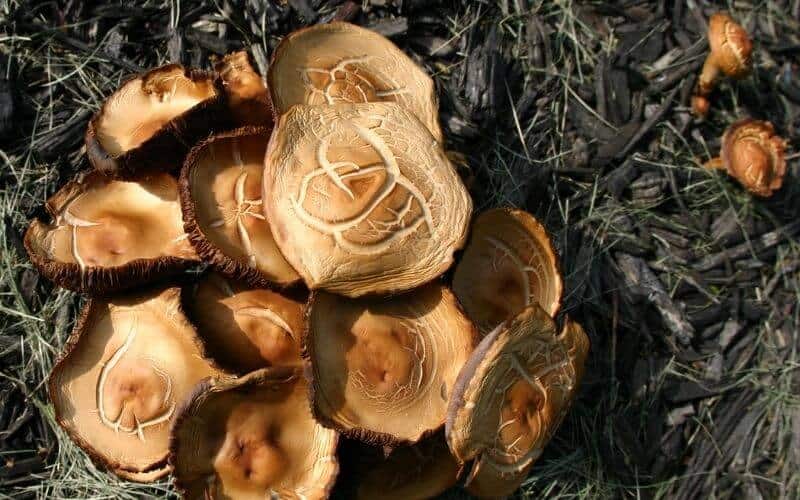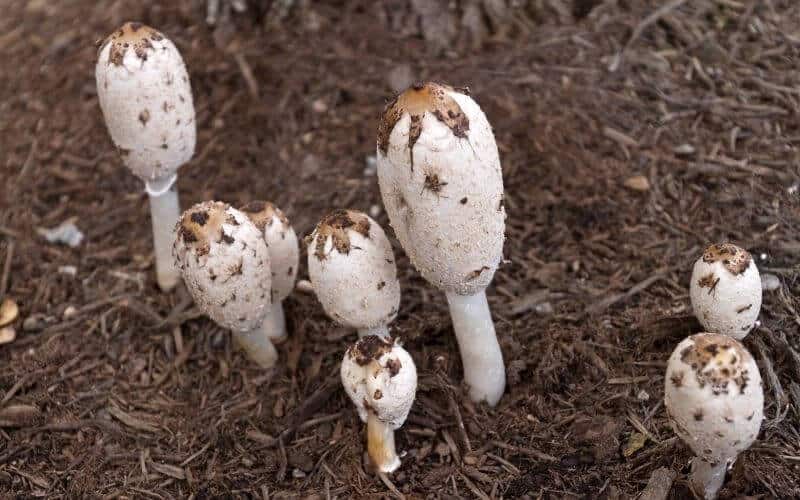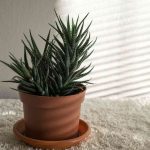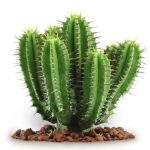Having mulch around plants provides them more nutrients and protection from frost and harmful insects.
However, irrespective of these benefits. Many organisms tend to survive in places where there is high humidity as a result of mulching. Fungi as mushrooms are likely to thrive in these moistened areas.
That said, having organisms and fungi around your soil or mulch might not be completely unavoidable. However, a good knowledge of the different kinds of mushrooms will help you know what kind of mushrooms grow in mulch and how to use them to your advantage.
Table of Contents
Can Mushrooms Grow in Mulch?
Hundreds of fungi or organisms grow in the mulch, and mushrooms are one of these organisms.
So, yes! Mushrooms can grow in mulch, and most gardeners adjust to having mushrooms around because some are harmless.
Why Mushrooms Grow in Mulch

You might not like the sight of mushrooms now you ask why not elsewhere, why mulch?
Remember the saying, "the sauce for the goose is also sauce for the gander"? Well, yes, that also applies to mulches and mushrooms.
But you see, mushrooms are fungi that find decomposing materials like shredded bark or wood chips quite appealing, and most mulches come in these forms.
So you might have mushrooms feast on the decomposing materials and sometimes consume nutrients along with your plants.
Mushrooms in Mulch- Good or Bad?
Other than the health benefits of mushrooms. It contains a lot of minerals that make them an excellent use for vegetarian diets.
For soil and plant- mushrooms play a massive role in helping the soil break down complex organic compounds that most organisms need to grow. All these to help your plants grow!
Plants rely on some fungi as mushrooms to break certain nutrients like phosphate to have healthy growth. More so, mushrooms growing in your lawn means your soil is in good condition.
These answers why most gardeners are adjusting to having them around even when they do not like mushrooms.
What Kind of Mushrooms Grow in Mulch?

There are thousands of species of mushrooms all over the world. For better knowledge, they are grouped into three kinds; edible, inedible, and poisonous mushrooms.
These mushrooms are all lovers of moistened areas, and organic mulch provides a haven for them, irrespective of their species.
If you're already enjoying the benefits of mushrooms, knowing this is a plus; however, be careful not to eat them already. Why?
Edible mushrooms, inedible as well as poisonous mushrooms, grow in mulch. No wonder gardeners and health workers warn not to eat until you confirm it is suitable for consumption.
Edible mushrooms like Gimimo, Oyster, Bay bolete, Black trumpet, portobello mushroom, gourmet mushroom, and others are good for consumption.
Poisonous mushrooms include Amanita phalloides, Web caps, and many others that are not good for consumption.
Now you might be asking how you would identify poisonous and edible mushrooms, here's how,
How to Identify Poisonous and Edible Mushrooms
Spotting mushrooms in your garden is not always hard. After all, they are usually umbrella-shaped. What is more difficult is identifying the poisonous mushrooms from the thousands of mushrooms out there.
The most dangerous mushrooms belong to the Amanita genus, especially Amanita phalloides, also known as death cap. They contain toxic elements known as amatoxins.
- Poisonous mushrooms would turn either green or purple upon cutting, while edibles won't.
- Poisonous mushrooms would burn or sting the tongue, and it doesn't taste enjoyable too. Edible don't.
- Even worms can't stand the poisonous mushrooms, so worms would not be present in them.
On the off chance you're looking to testing your culinary skills using your garden visitors, learning more about poisonous mushrooms and edible mushrooms might be a good start.
Conclusion
Now you know it is unavoidable having mushrooms around your mulch. And that all types of mushrooms, from edible to poisonous mushrooms, might in one or the other find their way around your mulch.
However, it is essential to note that you can be picky about it; you can decide to plant edible mushrooms and watch them provide favorable conditions for your plant. And if you enjoy consuming them, then it's a plus for you!
Hopefully, this guide has provided you with all there's to know what kind of mushrooms grow in mulch.
Related Articles:
- Is Mushroom A Vegetable Or A Fruit?
- Does Mulch Attract Spider?
- How To Get Rid Of Roaches In Mulch
- Does Mulch Attract Termites?
- Does Mulch Attract Bugs and Rodents?




